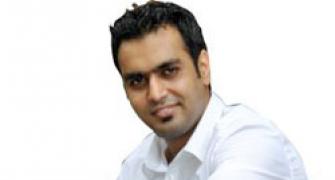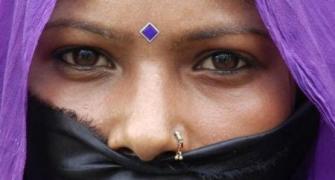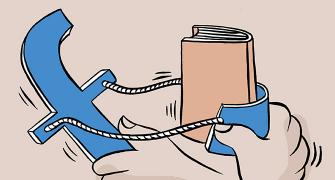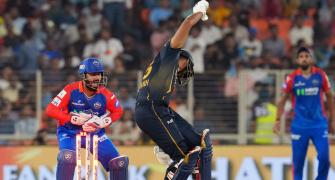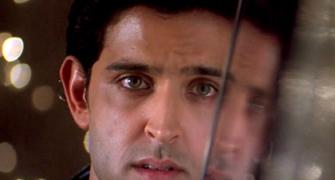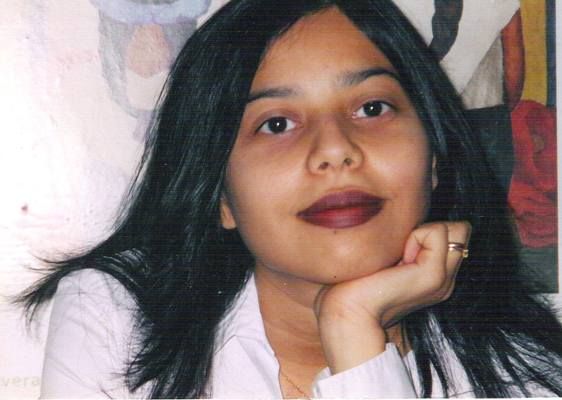
The Shakti Bhatt First Book Prize 2017 shortlist has been announced, with author and translator Arshia Sattar and poet and novelist Jeet Thayil choosing the names from 47 titles submitted for consideration.
Judges Kamila Shamsie, Rohini Mohan and Margaret Mascarenhas will announce the winner in November, from among the following:
- Prayaag Akbar, Leila (Simon & Schuster)
- Hirsh Sawhney, South Haven (HarperCollins)
- Anuk Arudpragasam, The Story of a Brief Marriage (HarperCollins)
- Sumana Roy, How I Became a Tree (Aleph Book Company)
- Tripti Lahiri, Maid In India (Aleph Book Company)
- Tejaswini Apte-Rahm, These Circuses that Sweep Through the Landscape (Aleph Book Company)
Arshia Sattar writes: "The Shakti Bhatt First Book Prize is ten years old this year and even a quick glance at previous winners will show that the Prize has celebrated writing across genre, gender, age and nation. Our oldest winner so far was in his 70s, and the prize has been awarded to Pakistanis, to writers of both fiction and non-fiction, to men and to women. It has been a pleasure to acknowledge the wealth and diversity of South Asian writing in this last decade and a privilege to spotlight new writing.
"This year’s shortlist of books and writers continues our commitment to finely-crafted writing and sophisticated thinking.
“Prayaag Akbar’s Leila is the heart-breaking story of a lost child and a shattered society. Entirely dystopic, it haunts not simply because it presents us with a terrifying future but because that portrait of unfreedom, inequality and brutality seems to already be part of our lived reality.
"Sumana Roy’s How I Became a Tree is an exquisite meditation on a personal decision to step away from a life that seemed to have everything but time. Roy shares what she has learned about and from trees through gentle essays that explore the natural world and reflect upon the human condition in the Anthropocene Age.
"Writing from the point of view of a young boy whose voice has not broken but whose heart has, Hirsh Sawhney’s South Haven tells the poignant story of an immigrant family, its men unable to cope with the death of their mother and wife. Father and sons drift away from each other as they seek solace in new people, new ideas and new activities. But things fall apart and the centre cannot hold. Sawhney relies on the pathos of his characters to reach the persistent melancholia that so often succeeds the sharp grief of bereavement.
"Maid in India by Tripti Lahiri eerily echoes Prayaag Akbar’s fictional dystopia as she goes deep into the multiple worlds that domestic workers inhabit. Lahiri also examines the employment and training agencies that keep the systems that supply and demand human beings well-oiled, and provides, in lucid prose devoid of emotional rhetoric, a picture of a society that thrives on entrenched structures of inequality.
"Anuk Arudpragasam’s novel A Brief History of a Marriage presents the civil war in Sri Lanka like never before. Writing from within the debris of Tamil lives in prose that can pierce your heart, Arudpragasam’s protagonists find dignity as they piece together strategies of survival. The story is about the human spirit in the most desperate of times. It sings not as testament of glory but as a dirge of despair.
"Tejaswini Apte-Rahm’s collection of short stories, These Circuses that Sweep Through the Landscape, is deceptively quiet in a literary world of noisy entries and exits. Alternately hyper and surreal, Apte-Rahm’s canvases are small. On them, her people and events are like icons -- they gleam with gilded details even as they occupy the darker recesses of contemporary life.
"Together, this year’s books remind us that in an increasingly brutal and fragmented world, families, communities and societies no longer provide safety nets, that individuals often feel stranded on the brink of an abyss. And yet, it is through literature that we can search for each other, it is in writing that we can create meaning as a bulwark against the tides of untruth that thunder on our shores."

